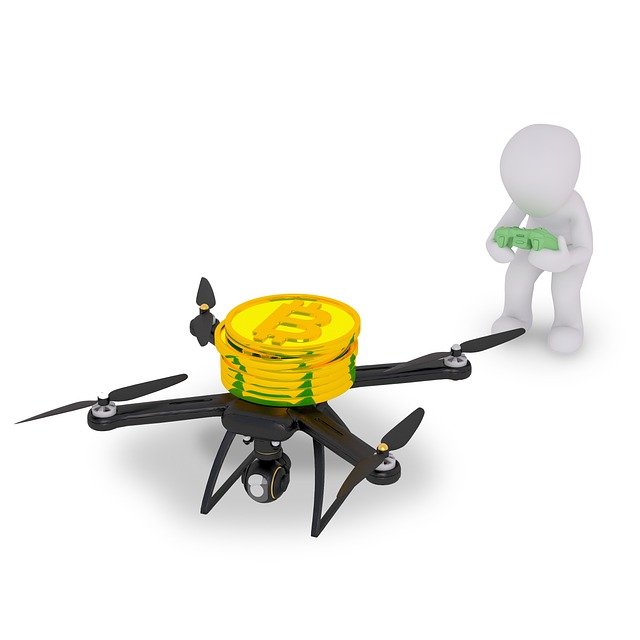Decentralization refers to the distribution of power or authority away from a central authority or hub. In the context of technology, decentralization often refers to the design of a network or system in which no single entity has complete control over all aspects of the system.
One example of decentralization is the blockchain, which is a decentralized database that is used to record and validate transactions. In a blockchain system, there is no central authority that controls the network; instead, the network is maintained and secured by a distributed network of computers, each of which has a copy of the entire blockchain. This decentralized design makes it difficult for any single entity to manipulate or control the network, which makes it more secure and transparent.
Decentralization can also refer to the distribution of power or authority in other contexts, such as in political systems or in the organization of a company. The goal of decentralization is often to distribute power more evenly and to reduce the concentration of power in the hands of a few individuals or organizations. This can help to promote fairness and accountability, and can also make systems more resilient to failure or attack.
Decentralization can be a complex concept, and it may not be easy for ordinary people to fully understand all of the technical and philosophical aspects of decentralization. However, the basic idea of decentralization, which is the distribution of power or authority away from a central authority or hub, is relatively simple and easy to understand.
There are many examples of decentralization that people may encounter in their daily lives, such as peer-to-peer networks, open source software, and decentralized financial systems. These systems operate differently from traditional centralized systems, in which a single entity has complete control over all aspects of the system.
In decentralized systems, power and authority are distributed among a network of participants, rather than being concentrated in the hands of a single authority. This can make these systems more democratic, transparent, and resilient, but it can also make them more complex and harder to understand.
Overall, while it may not be easy for ordinary people to fully comprehend all of the technical and philosophical aspects of decentralization, the basic idea of decentralization is relatively straightforward and can be understood by most people with a little bit of explanation.
See ya!
